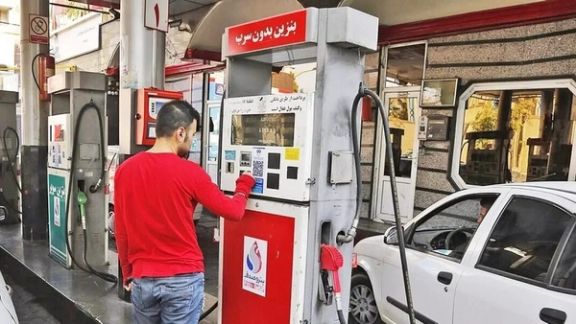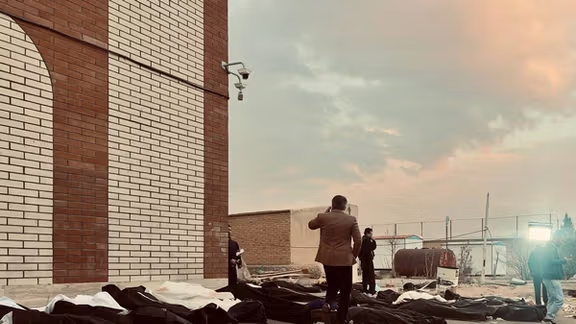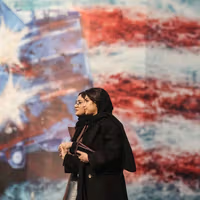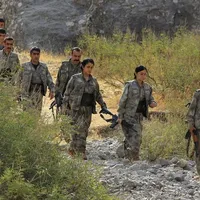During Donald Trump’s presidency, Tuberville argued, Iran had little sway over events in Gaza, and that US diplomacy was more effective because the White House avoided direct engagement with Tehran on the issue.
“Iran is non-relevant right now,” he said. “As President Trump said – they weren’t. There was no negotiation.”
Speaking on Capitol Hill, the Republican senator praised Qatar and Turkey for their roles in clinching the Gaza peace agreement but said efforts to end the Israel-Palestine conflict should not rely on temporary truces.
“In the Middle East, between Hamas and Israel -- obviously we’ve fought for 2,000 years,” Tuberville said. “We’re not going to solve it in a week with just one ceasefire and a peace deal.”
Under a US-brokered truce, Hamas was required to release the final 20 living Israeli hostages within 72 hours of Israel’s withdrawal on October 10, a condition it met, and to provide the remains or details of all those killed within the same timeframe.
Hamas failed to meet that latter condition, later handing over 15 of 28 deceased hostages. Israel has accused the group of deliberately withholding the remains of others believed to be in its custody.
Iran has long supported Hamas with funding, weapons, and training, positioning the group as part of what Tehran calls its “axis of resistance” against Israel and Western influence.
Tuberville said restoring the Abraham Accords - Trump-brokered normalization deals between Israel and Arab countries - should be a key regional priority.
“Maybe we can get the Abraham Accords back intact,” he said. “I think that’s going to be a big deal — but it’s a mess.”
Last month, Trump expressed hope that even Iran would join the Abraham Accords.
"Who knows maybe even Iran can get in there, we expect, we hope we are going to be able to get along with Iran. I think they're going to be open to it, I really believe that" Trump told reporters in late September.
"I long ago said at one point Iran would be a member of the accords. And little did I realize it was going to take this turn. It was some turn we did with the B-2s."
"I think they might very well be there, it would be a great thing for them economically."















